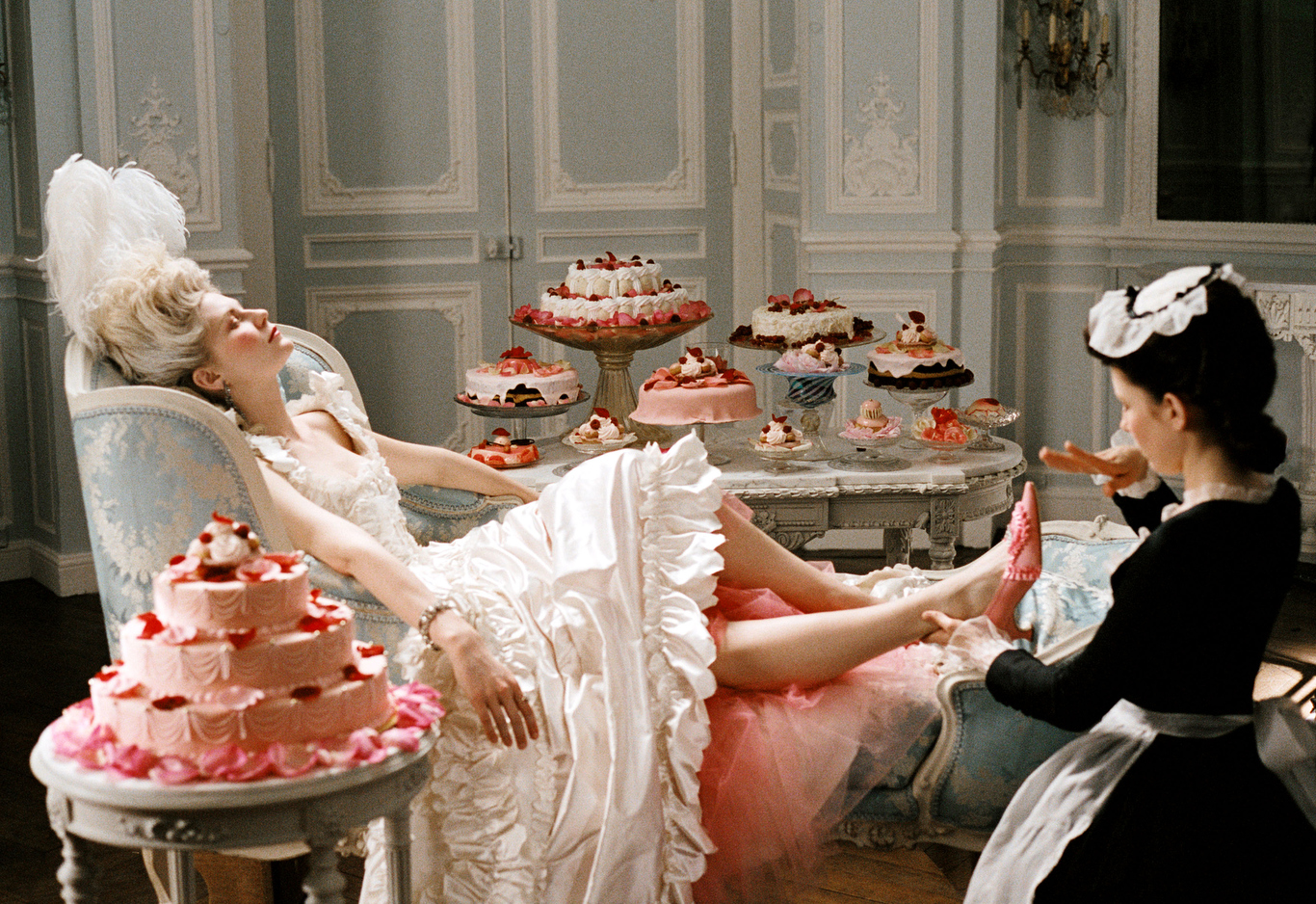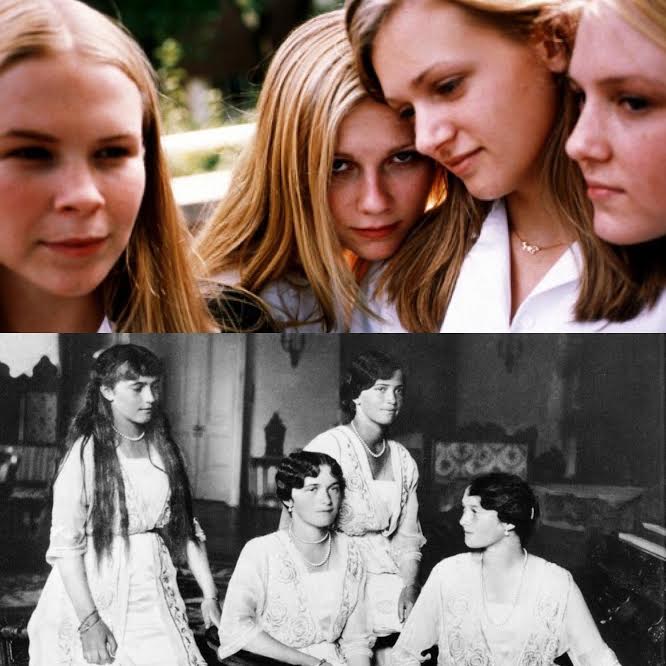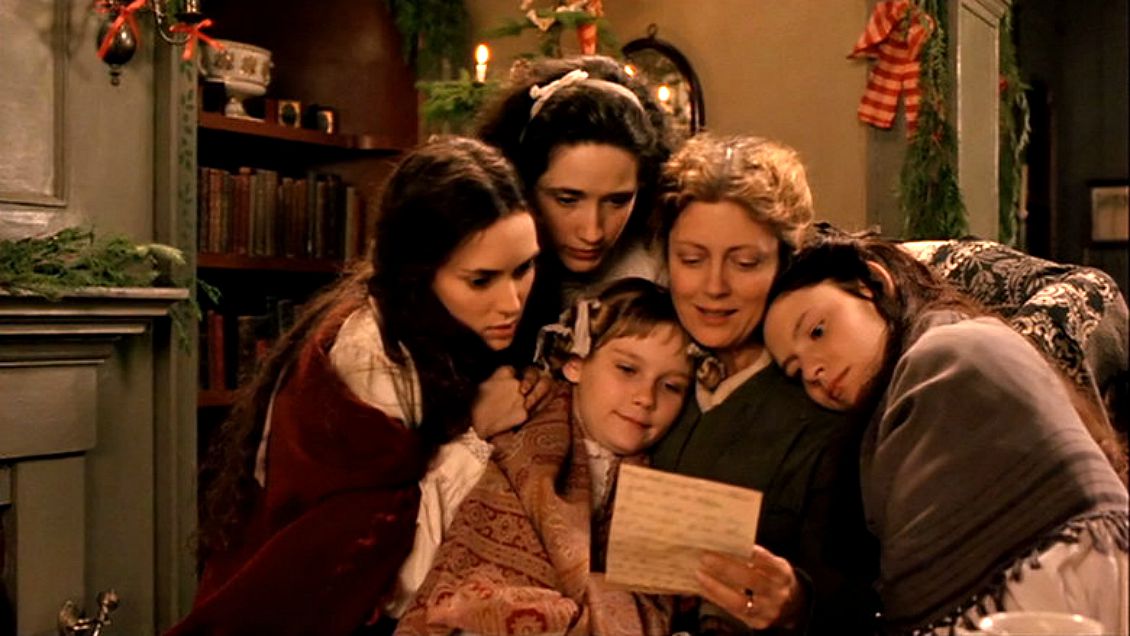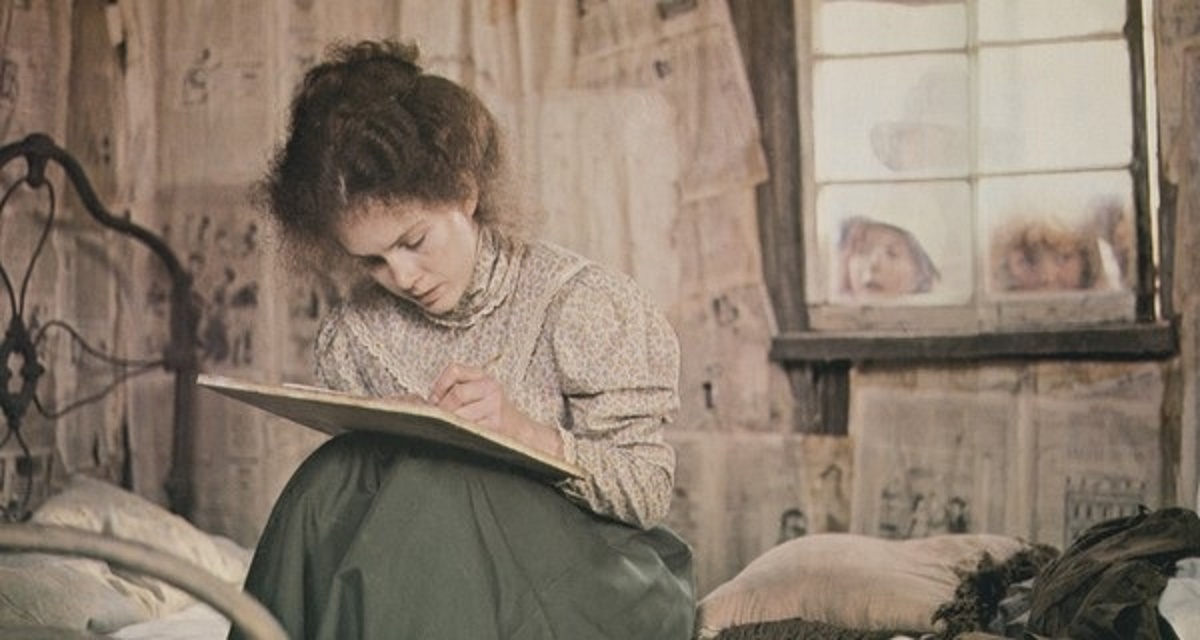Too Feminine, Too Pretty, and the Gendered Bias in the Critique of Sofia Coppola’s Films
When it comes to the critique of Sofia Coppola, her filmic style is too often described along the lines of being too pretty, too feminine, or as style over substance. … Male directors, however, who exhibit the same attention to style and aesthetics, are not held to this same ideal. … There is a double standard in the way prettiness is regarded in cinema. “Pretty” is for female directors, but for male directors, prettiness isn’t ever uttered, and reverence is received in its place.











